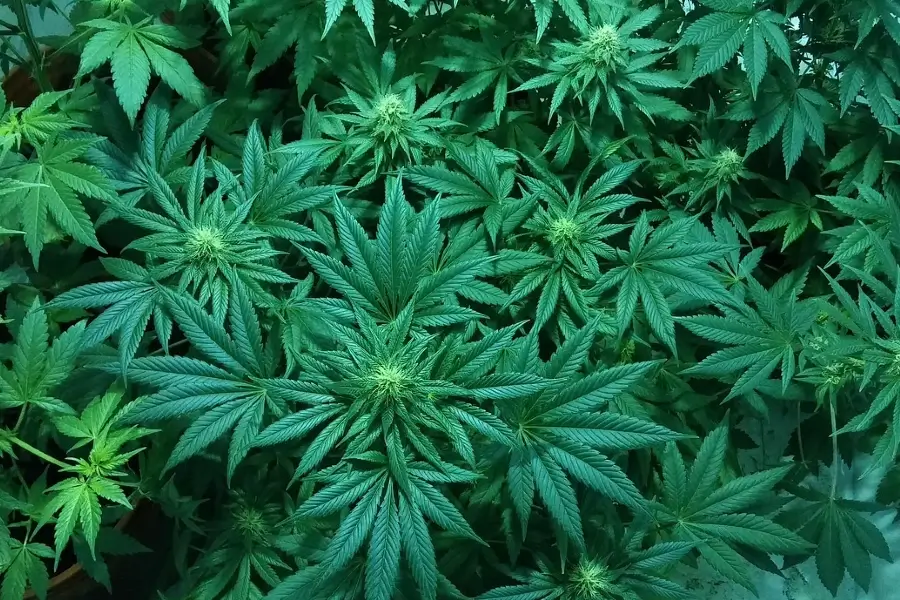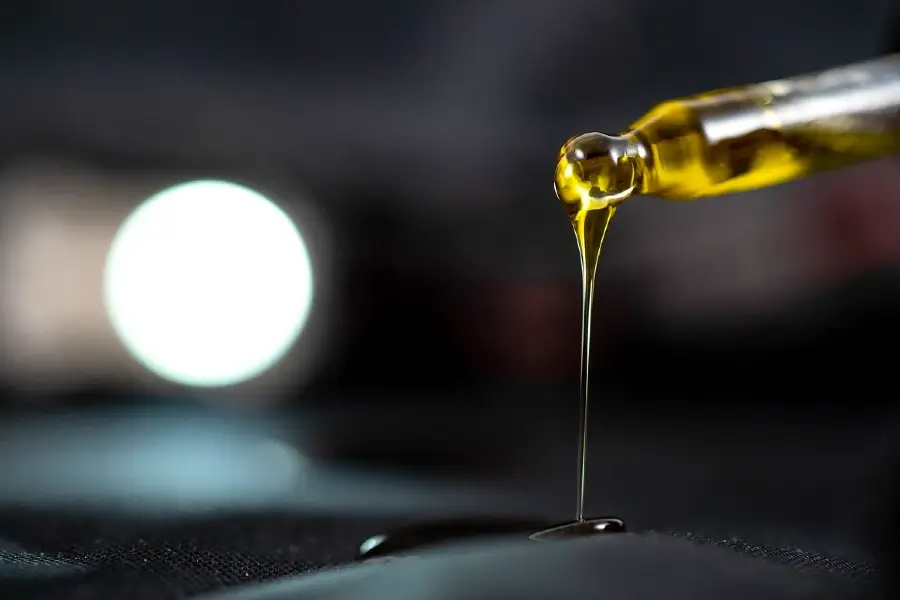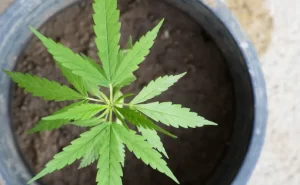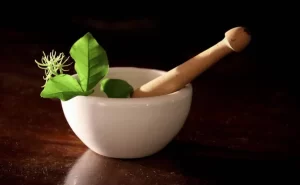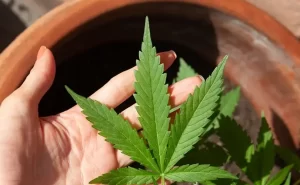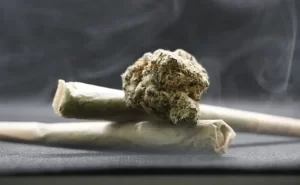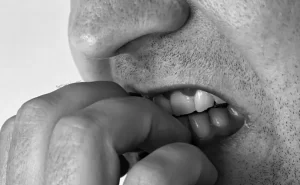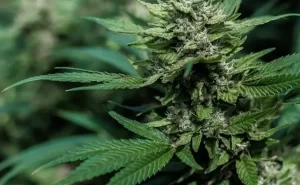Indoor Cannabis Growing Techniques
How to maintain optimal growing conditions for indoor cannabis. Here are some essential factors to consider when establishing a healthy indoor growing environment.
Light:
Light source: Indoor plants are an excellent way to bring greenery and liveliness into any area. However, they require a substitute for sunshine, which is necessary for their growth and survival. Artificial grow lights on the market can offer the light needed for indoor plants to thrive.
Several grow lights are available, including LED, fluorescent, and high-intensity discharge (HID). Each type has advantages and disadvantages that farmers must evaluate before deciding.
LED grow lights, for example, are more energy efficient and produce less heat, making them perfect for tiny spaces and sensitive plants.
Provide powerful light penetrating deep into plants, boosting their growth and development.
Fluorescent lights, on the other hand, are less expensive and generate a broader spectrum of light, making them an attractive option for novices.
In contrast, HID lights are the most potent and efficient grow lights. They provide powerful light penetrating deep into plants, boosting their growth and development. However, they can be costly and necessitate additional equipment for adequate ventilation and cooling.
Choosing the correct grow light for indoor plants can be challenging but critical to their success. It is essential to examine the many types of grow lights available on the market and choose the one that best meets your unique requirements.
Consider the size of your space, the type of plants you’re cultivating, and your budget.
Indoor plants may grow robust and vibrant, bringing beauty and vitality into your home.
To summarize, artificial grow lights are an excellent substitute for sunlight and can help indoor plants develop. Whether you choose LED, fluorescent, or HID lighting, it is critical to research and select the finest choice for your requirements.
With the correct grow light, your indoor plants may grow robust and vibrant, bringing beauty and vitality into your home.
Light cycle:
Cannabis plants often require a specific light/dark cycle based on their growth stage. During the vegetative stage, they may require approximately 18 hours of light and 6 hours of darkness. A 12/12 light/dark cycle is commonly needed during the flowering period.
Temperature and humidity: Most indoor plants survive at moderate temperatures, typically 68-77°F (20-25°C) during the vegetative stage and 65-85°F (18-29°C) during blooming.
Humidity: Maintaining correct humidity levels is critical. Higher humidity (about 60-70%) is typically beneficial for seedlings and vegetative growth. Reduced humidity (about 40-50%) during flowering can help avoid mold formation.
Ventilation and Air circulation: Proper ventilation removes stale air, excess moisture, and heat. It also contributes to the provision of new carbon dioxide (CO2), which, in controlled proportions, can benefit plant growth.
Air circulation: Proper air circulation prevents stagnant air pockets and promotes uniform growth throughout the plant.
Nutrients and Water: Indoor plants require adequate nutrition for optimum growth. Many gardeners employ hydroponic systems or nutrients specifically designed for indoor plants. It is critical to research the unique requirements of your preferred plant kind.
Watering: Overwatering can be bad for indoor plants. Watering frequency will vary depending on plant size, pot size, humidity, and temperature. It is better to let the top layer of soil dry somewhat before watering again.
Additional considerations:
Monitoring: Maintaining optimal growing conditions requires regular monitoring of parameters such as temperature, humidity, and pH levels.
Plant Strain: Different strains of cannabis may have unique requirements. Researching the unique requirements of your preferred strain can be beneficial.
Remember: Always confirm the legality of cannabis cultivation in your area before planting any plants.
This material is intended for general indoor plant growth and should not be considered a substitute for professional cannabis cultivation advice.
